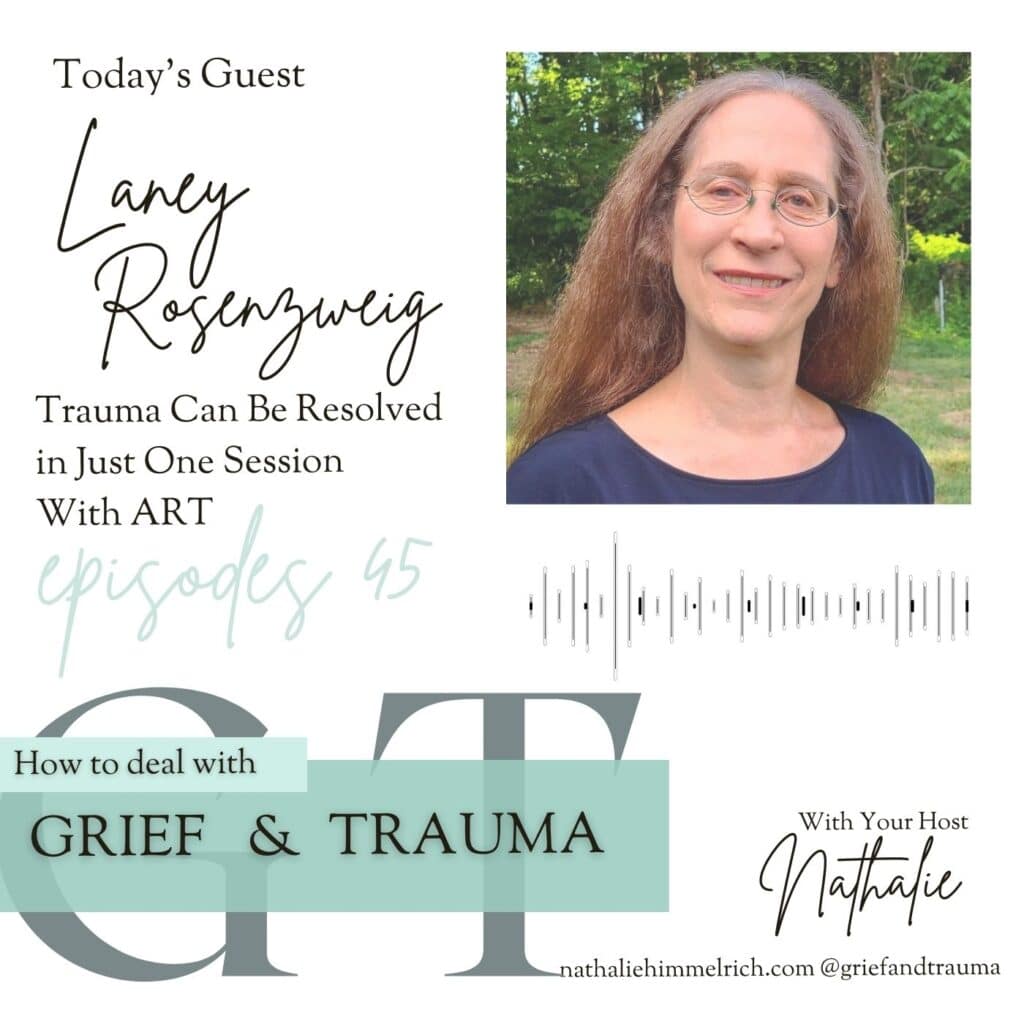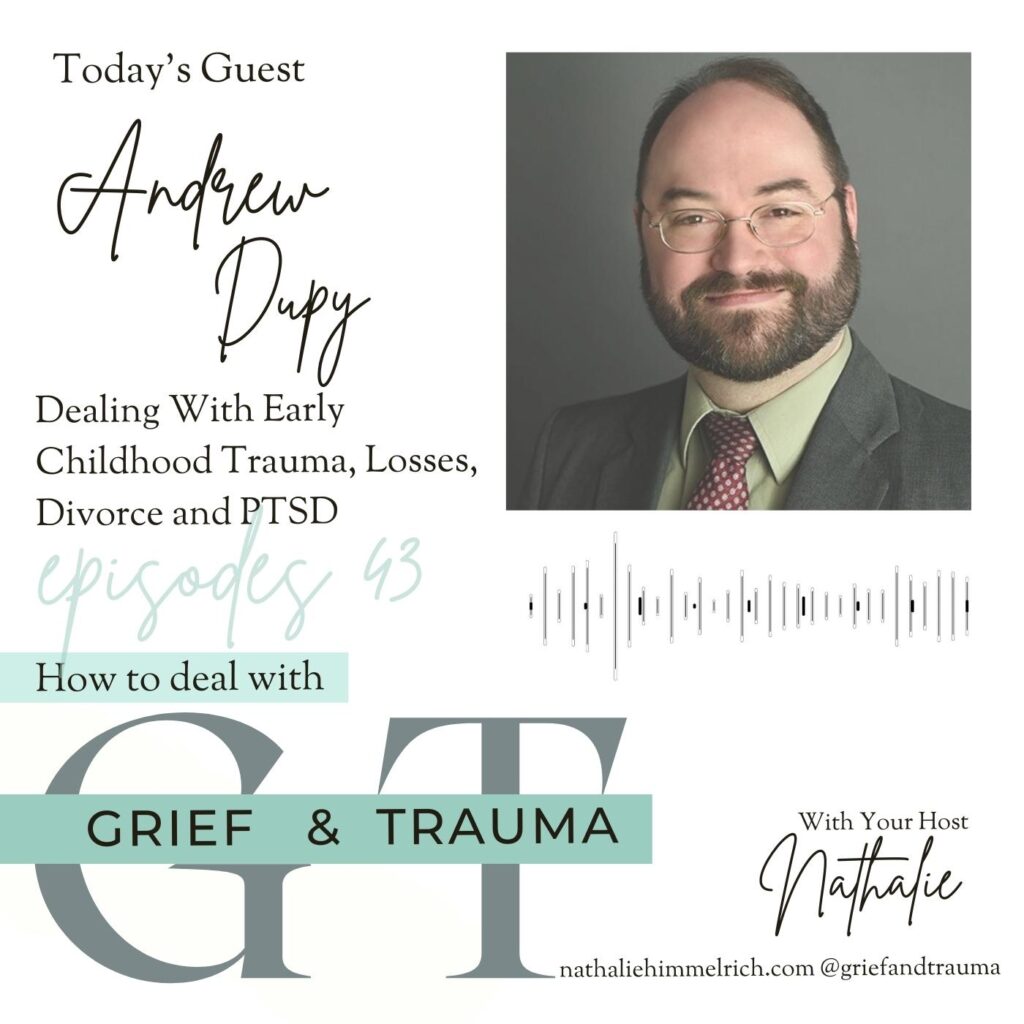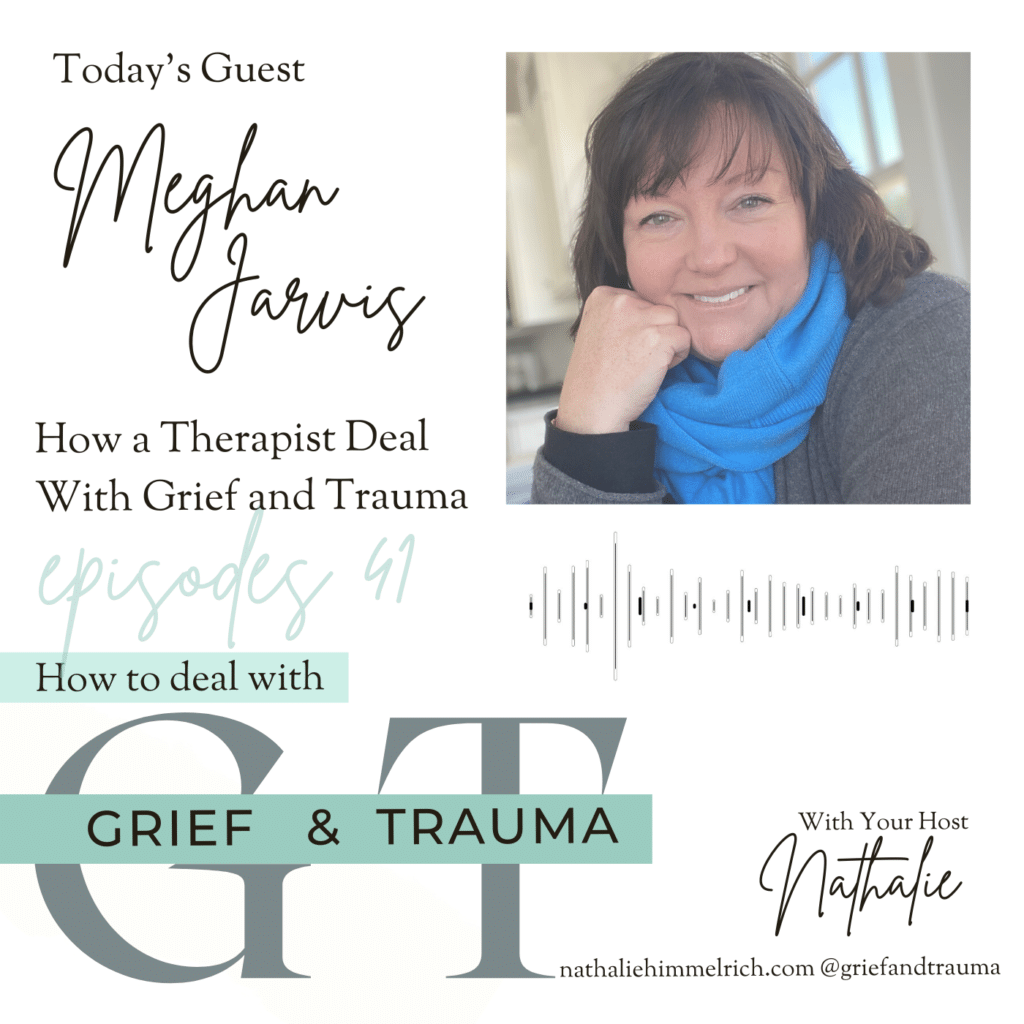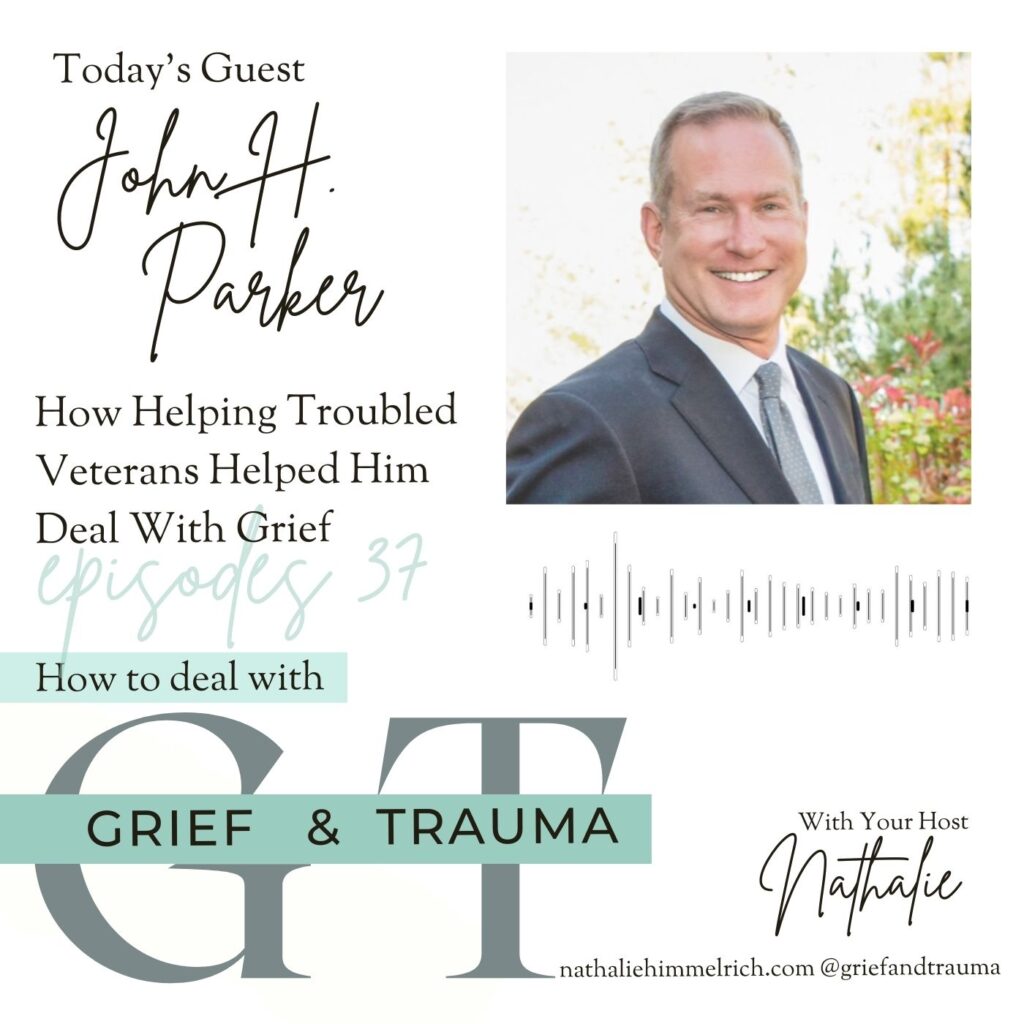HOW TO DEAL WITH GRIEF AND TRAUMA is completely self-funded, produced, and edited by me, Nathalie Himmelrich.
Consider making a small donation to support the Podcast: bit.ly/SupportGTPodcast. Thank you!
For more information, please visit Nathalie’s website, join the podcast’s Instagram page, and subscribe to the newsletter to receive updates on future episodes here.
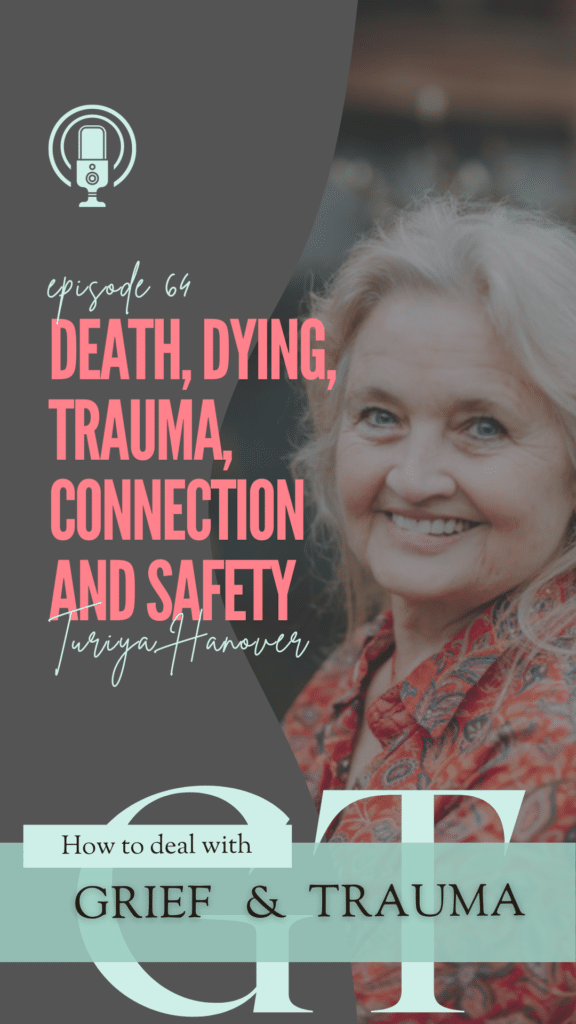
About this week’s episode
Turiya has been one of the first guests on the podcast in season one, and her first episode has since then been the most listened to episode ever which has just reached over 1000 individual downloads over the last 18 months.
I love speaking with Turiya because we share a passion for healing from trauma and grief and understanding the self in a deeper sense. This is also why this is not just the second, but actually the third episode. Today we are going to delve into the connection between trauma and grief.
About this week’s guest
Turiya is the co-founder of Path Retreats and the transformational process – Path of Love with Rafia Morgan. Together they also lead a one-year Holistic Counsellor training for therapists called Working with People – School of Counselling.
She has been trained in many different modalities such as Gestalt, Bioenergetics, Psychodrama, Family Therapy (V. Satir), NLP, Hypnosis, Somatic Experiencing™ (Peter Levine), Ego Psychology, Family Constellation, Enneagram and Astrology, and Essence Work.
Turiya’s journey into human development started when she did her first 2-year Jungian Psychotherapy course at age 22, followed by an encounter workshop in 1970 in Germany. The revelation and exploration of this Humanistic Psychology approach took Turiya by surprise. The internal shift that she experienced was so profound, that she and her husband, set on a new course of human discovery, which led them to India. Through learning meditation, living, and working in a community under the guidance of a master, she developed a unique approach to working with people that is a synthesis of Eastern insights, living awareness and Western approach to humanistic psychology.
The sudden, unexpected death of her husband and the death of her beloved friend marked a turning point in Turiya’s life. These profound experiences with death deeply influenced her search and how she works with people today.
Today Turiya has the joy of being a grandmother and spends her free time painting and is writing a book about the Rising of the Feminine and about Death as a Friend and the realisation of Impermanence.
- Website: www.turiyahanover.net and pathretreats.com
- IG: @turiyahanover
- IG: @pathretreats
Resources mentioned in this episode:
Thank you for listening!
HOW TO DEAL WITH GRIEF AND TRAUMA is produced and edited by me, Nathalie Himmelrich.
